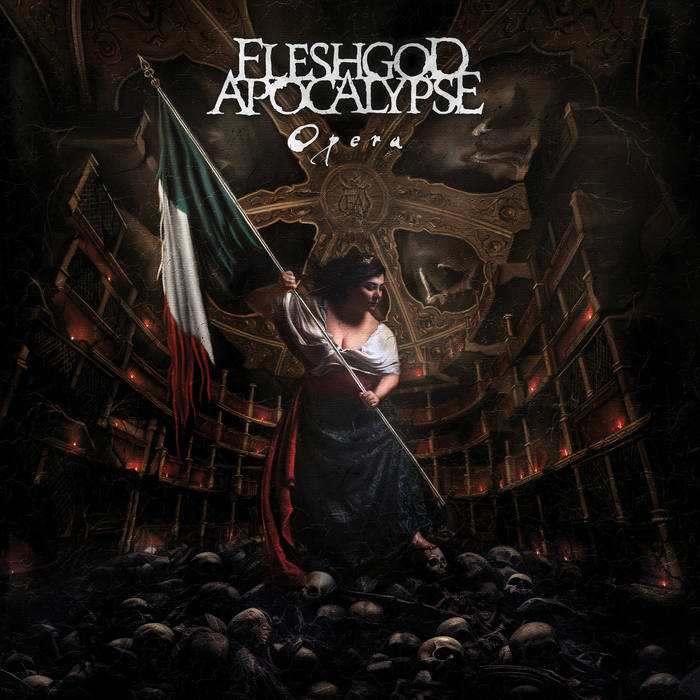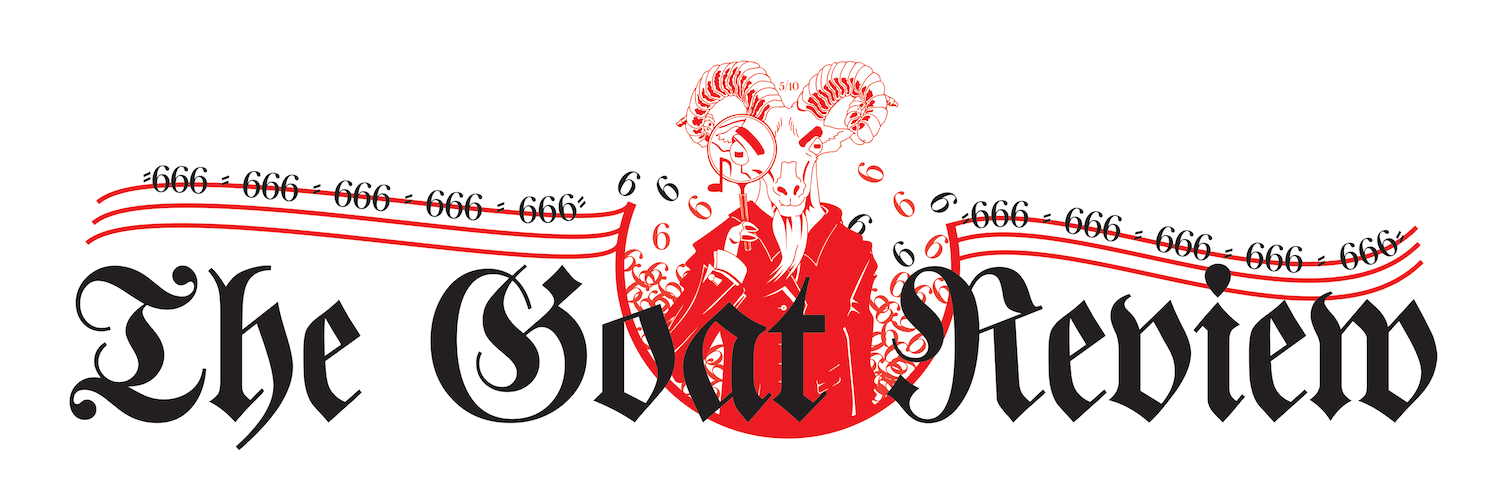
There will always be a special place in my heart for Fleshgod Apocalypse. One of the first bands I really fell in love with a long time ago when still in my metal formative years, they impressed me with their blends of symphonics and death metal. Until I discovered their first three releases: Oracles, Mafia, and Agony, which blew me away and redefined what extreme metal could be to me. Beginning as a neoclassical inspired technical death metal band, Fleshgod Apocalypse would keep this sound until Agony, still an anomaly in their greater work. A transitional album by all accounts, Agony was the stepping stone that bridged the gap from them being a technical death metal band to playing symphonic death metal. Yet somehow, Agony was this unrelenting force of brutality, and nothing that Fleshgod Apocalypse have released since made as big of an impression. Their three follow-up albums Labyrinth, King, and Veleno were all very good in their own right, but the exact impact I craved was missing. Now, five years since Veleno, Opera has been unleashed unto the world. And for the first time, I can’t say I immediately love a new Fleshgod Apocalypse album, which sets a worry in me for future releases.
This doesn’t necessarily mean Opera is bad, though. Opening with an instrumental that showcases what Veronica Bordacchini is great at — opera singing, Opera then transitions into catchy “I Can Never Die” which also highlights Veronica as their new clean singer ever since Paolo Rossi’s departure earlier in the year. As a whole, Opera is a lot catchier than previous albums, which works well when aiming to a larger crowd. Songs like “Morphine Waltz” are phenomenal, and bring a taste of the Fleshgod Apocalypse I know and love back. Styling neoclassical flourishes, an urgency that evokes King, and exuding pure fun, this song is the undeniable highlight on Opera. While this song’s energy is singular, “Matricide 8.21” and “Per Aspera Ad Astra” also do a good job at evoking older Fleshgod Apocalypse. Veronica also sounds fantastic with her clean vocals in “Morphine Waltz.” Closing instrumental “Opera” is the same as every other Fleshgod album: Francesco Ferrini showing his virtuosity on the piano and bringing a chaotic album to a beautiful close.
Unfortunately, this is also a detriment. Fleshgod Apocalypse, in going for the mass appeal approach, have stripped themselves of what I love most about them: complex songwriting. None of these songs are on the same level as King or Veleno, let alone their early career peaks with Oracles and Agony. The first three proper tracks highlight this glaringly, being generic symphonic death metal that focuses on radio play rather than complexity, given how simply the songs are written with the most clear-cut verse-chorus-verse structure Fleshgod Apocalypse have ever penned. Veronica is also a hindrance to the progress of them, sounding more akin to Elize Ryd of Amaranthe in chorus delivery, which is the antithesis of her singular sound on every record going back to Agony: operatic pieces to set Fleshgod Apocalypse apart from similar artists in the symphonic metal sphere. I’m going to stay optimistic and hope that Fleshgod will take a step back and realize that going for the catchy approach is not the best approach, because if this trend keeps up on future releases, it will result in a band with so much going for them reduced to mediocrity.
